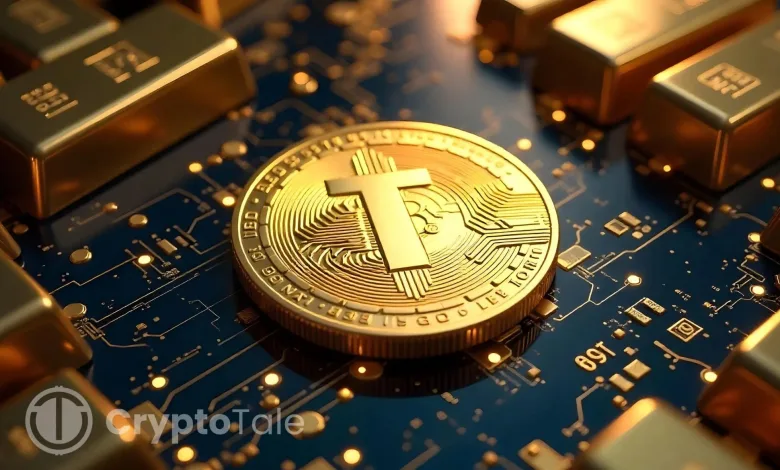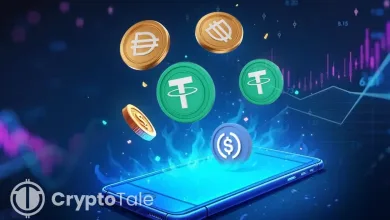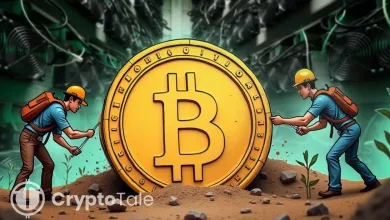Venezuela Turns to Tether (USDT) as Dollar Access Tightens

- Venezuela expands USDT use as sanctions cut foreign currency and limit vital trade.
- Businesses adopt stablecoins for salaries and imports as inflation erodes the bolívar.
- PDVSA oil sales in USDT mark a shift in global crypto adoption under restrictions.
Venezuela is quietly rewriting its financial strategy by turning to stablecoins as sanctions cut off dollars and inflation erodes the bolivar’s value. The government is gradually allowing dollar-tied cryptocurrencies in currency exchanges for the private sector as U.S. sanctions tighten dollar availability.
According to a report, businesses are increasingly adopting USDT to maintain trade and secure access to foreign goods. With sanctions limiting oil revenues and blocking many traditional financial channels, crypto transactions are rapidly expanding across commerce, salaries, and even state oil operations.
Businesses Turn to Stablecoins Amid Hyperinflation
On the other hand, private companies allow buying and selling of USDT to sustain supply chains and pay for imported goods ranging from food to machinery. Moreover, several businesses have adopted USDT for payments, while digital platforms such as Binance and Airtm provide reliable wallets for secure transactions.
Additionally, this move has shifted beyond consumer trade as several firms provide salaries in stablecoins, thus maintaining the value as the bolívar depreciates. The Venezuelan national currency shed over 70% of its value between October and June, while inflation stagnated at 229%, making both households and firms pursue digital roadways.
According to a report by the Financial Times, a 110% increase in crypto usage between mid-2024 and mid-2025 has put Venezuela within the top 15 countries in terms of on-chain adoption.
Oil Sector Adapts Through Digital Currency
Meanwhile, the state-run oil company PDVSA has also integrated USDT into its international sales. This move follows restrictions that prevent dollar transactions and complicate payments to the government. According to sources, PDVSA’s reliance on stablecoins reduces the risk of frozen funds, although intermediaries cut into net receipts.
In April, the U.S. Treasury issued a restricted license allowing Chevron to resume oil exports. Yet, the license prohibits payments to the Venezuelan government, further reducing the flow of dollars into the economy. In response, the country increased the use of USDT since June to stabilize exchange operations and sustain imports.
Sources from the financial and private sectors confirmed the transition to crypto, though they requested anonymity due to concerns over possible repercussions. One businessperson said, “When one operation closes, others open,” describing crypto as a necessary tool to keep commerce alive. Another estimated that usage will continue to expand.
Related: How Crypto is Transforming the Economies of Developing Countries
Government and Regulatory Silence
Although officials have not formally announced the policy, Vice President Delcy Rodriguez confirmed in August that “non-traditional mechanisms of management in the exchange market” were being implemented. Also, there were no further details, and neither the Ministry of Communications nor the central bank responded to the claims.
While Tether declined to issue a comment this current year, it did say in 2024 that it complies with the U.S. Treasury Department’s designated list of sought-after persons or entities. In any case, questions at large remain as to its operative status in jurisdictions under international restrictions, although investigations related to Venezuelan crypto activities have never been confirmed to date.
On the whole, the swift growth of stablecoins in Venezuela highlights the development of global digital finance. For countries facing sanctions and high inflation, crypto may offer a path to financial independence and resilience. Could Venezuela’s approach inspire other nations to follow?




